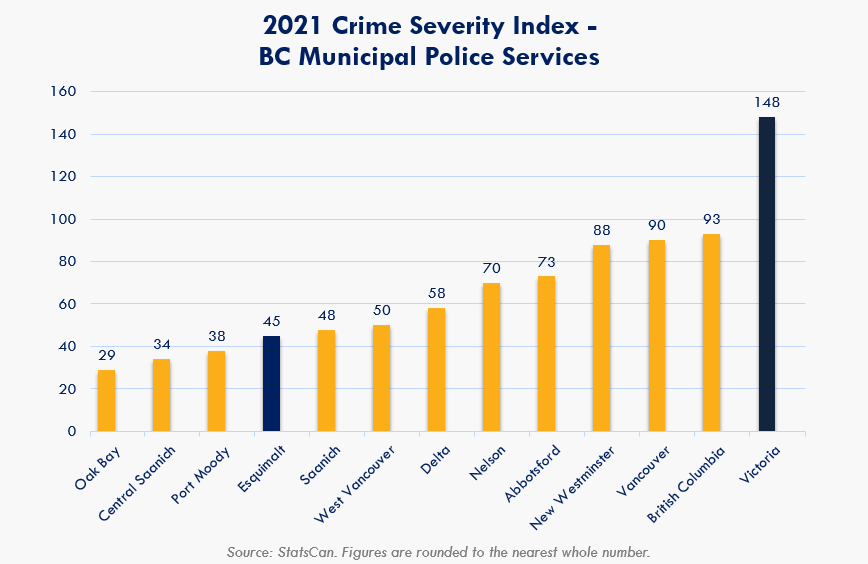Struggles continue to stop the revolving door...
Lawrie McFarlane: No study needed — just match sentence to repeat offender's record
B.C. attorney general is ducking responsibility
David Eby, B.C. attorney general and minister responsible for housing, says his government will undertake an investigation into the causes of criminal recidivism, which Lawrie McFarlane says is a bit like the CEO of a flight school asking what an airplane is.
When B.C.’s Urban Mayors’ Caucus asked provincial Attorney General David Eby for help in dealing with the problem of repeat offenders, Eby himself became a repeat offender.
It began with Victoria Mayor Lisa Helps, co-chair of the caucus, drawing Eby’s attention to a list of 10 chronic offenders in her city, who alone have had 1,385 run-ins with local police over the past two years.
In one instance, a repeat offender in the capital region generated 284 police incidents within a 24-month period, was charged 55 times, and registered 22 separate convictions.
The mayors put this steadily worsening situation down to a form of “catch and release” practised by our justice system.
Eby’s first offence was to duck responsibility. He noted that some of these repeat offenders have drug-addiction problems or mental-health issues.
He urged that what’s needed is more attention to treatment options rather than incarceration. Let the health-care system sort things out.
Yet while there is some truth in that, it by no means explains the sheer dimensions of the problem.
An example: In February, a Similkameen man was sentenced to two years in jail for wild behaviour behind the wheel of a car.
Blake Dunstall was pulled over at an impaired-driving check in Penticton. He failed to produce a licence, and took off at high speed.
Dunstall, aged 38 at the time of his trial, had 97 prior adult convictions. These included seven assault convictions including six against domestic partners, six for driving while prohibited, five for dangerous driving, three for flight from police and two for impaired driving.
Why was this man still at large on the occasion of this latest spree? A study by researchers at the University of Fraser Valley offers an explanation.
They found that “the data … clearly indicate that judges have not been taking prior record into consideration when sentencing repeat offenders.”
That may explain why career criminals, although only a small percentage of all criminals, enjoy almost unlimited freedom to re-offend.
Eby then fell back on a second excuse. He argued that since our courts are independent, he, like other attorneys general, has no say in how they act.
Lawrie McFarlane: No study needed — just match sentence to repeat offender's record







